Interview
We live in turbulent times, full of challenges and opportunities. A devaluating ruble means good business for exporting wood pellet producers who invested in their equipment at better valuta rates. This counts for the Siberian producers focused at China/ Japan/ Korea, or for those focused at the EU from western Russia.
Read more
The coordinator of the plan realization is the Ministry of Natural Resources and Environment of the Russian Federation. A working expert group is organized for discussing this topic in the Ministry. Experts from different fields are presented there. Olga Rakitova, the CEO of the National Bioenergy Union is one of them. INFOBIO has asked several questions from Mrs Rakitova.
Read more
Lufthansa became the first airline to use biofuels on regular commercial flights on 15th of July in a six month trial that it estimates will reduce CO2 emissions by up to 1,500 tonnes during the period. Lufthansa is using a mix of regular fuel and biofuel made by Neste Oil from jatropha and camelina crops and animal fats, in one engine of an Airbus plane on daily flights between Frankfurt and Hamburg. The magazine “The Bioenergy Interntional.Russia” and the information agency “INFOBIO” asked about new biofuel from its producer Neste Oil, Finland. Mr. Matti Lehmus, Executive Vice President, Oil Products and Renewables, Neste Oil gave the following answers.
Read more
The fair “Technodrev Far East 2011” took place in Khabarovsk in 21-24 of April. The Plant “Eco-Technology” - which represents briquette presses RUF in Russia - took part in this event. The head of the company Dmitry Bastrikov gave an interview for the INFOBIO.
Read more
Russians should secure their biofuel supply to Europe by constriction of their own biomass cogeneration and power stations in Europe.
Read more
The total capacity of the existing 34 mills is 2.6 million ton told Gordon Murray at the European Pellet Conference in Wels March 2011. It is comparable to the total capacity of the Russian pellet mills.
Read more
It was said to the reporter of the magazine The BIOENERGY INTERNATIONAL.RUSSIA and the INFOBIO on 14 th of October in Saint-Petersburg press-conference. At the same time the Leningrad region government is looking for opportunities to help to finish the construction of the future biggest European pellet mill Vyborgskaya Cellulose. They plan to subsidize the construction of this plant.
Read more
In 2009, the European Union – the Commision, the Parliament and the council - decided upon a new energy and climate policy. This policy was summarized under the heading 20 :20:20, meaning that until the year 2020
- the C0² emissions should be reduced by 20% as compared to 1990
- the energy efficiency should be increased by 20% as compared to a business as usual scenario
- the share of renewable energy sources (RES) such as biomass, hydro, wind, solar should be increased in the energy mix from 8,5% in 2005 to 20% in 2020.
Read more
Over several years each European country has had its own fuel pellet standards – German DIN, Austrian O-Norm etc. In 2010, the new all-European standard ENplus 14961-2 had to start functioning, whereby a whole procedure of certification of producers, suppliers and traders has been elaborated. Russian producers of pellets have been waiting for the rules of standardization to become more strict. However, today this standard is being used so far only in Germany, sometimes also in Austria.
Read more
Dr. Olga Rakitova, The National Bioenergy Union, Executive director.
"Russia owns the largest natural gas, the second largest coal and the third largest oil reserves in the world. Russia is the third largest energy user and the largest producer of oil and gas in the world. Russia owns 23 % of the world’s forest resources. At the same time biofuel started to play a role in the country’s economy few years ago".
Read more
Для получение доступа ко всем материалам раздела, пожалуйста, зарегистрируйтесь Please register to have an access to all section |














.jpg)
.jpg)
(1).jpg)
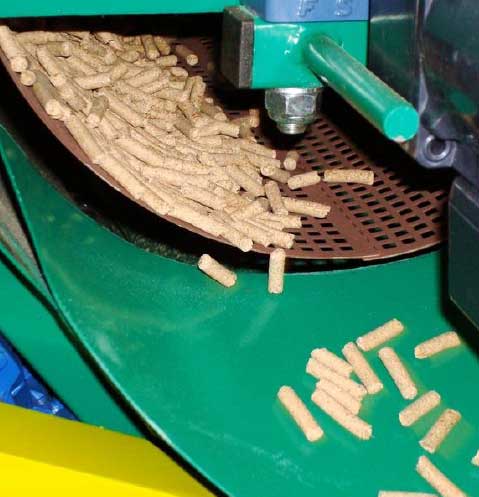

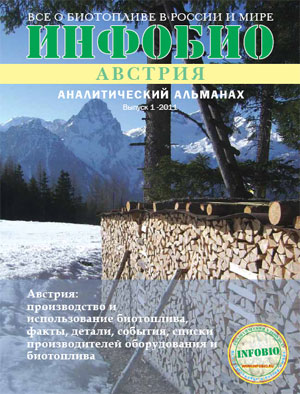


.jpg)

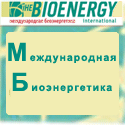

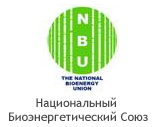
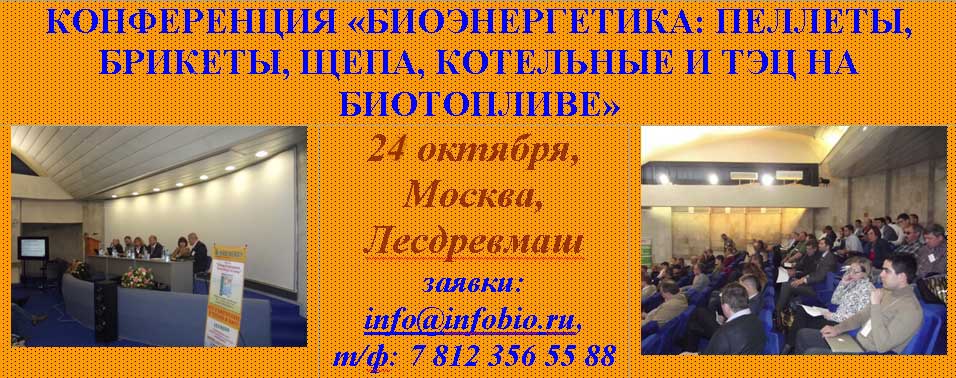
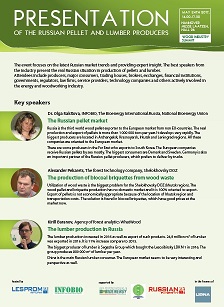

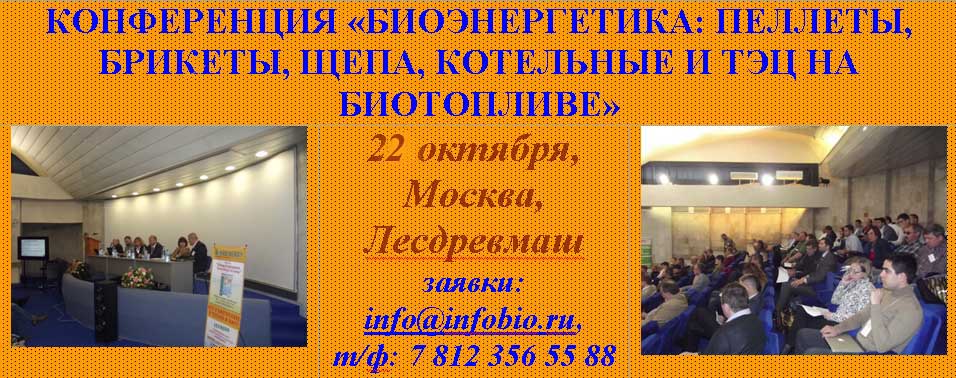
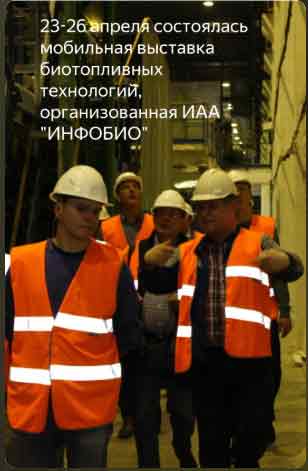
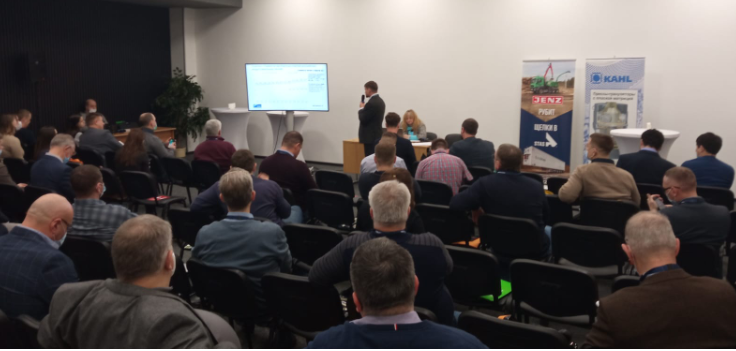
.jpg)
